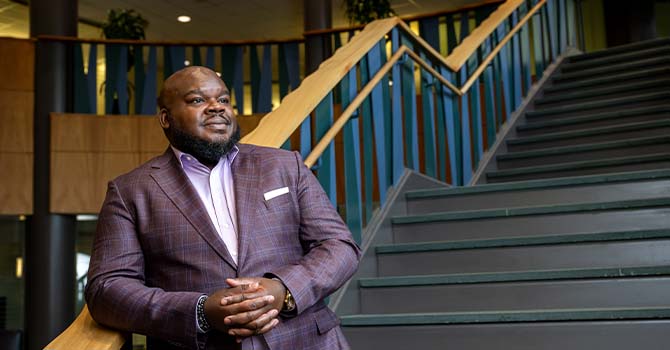
Refinery fires, other chemical disasters may no longer get safety investigations
By Philip Steenstra, Rachel O’Brien, and Stuart Batterman
University of Michigan researchers examine how federal safety investigations help prevent industrial accidents and improve safety standards used worldwide.





